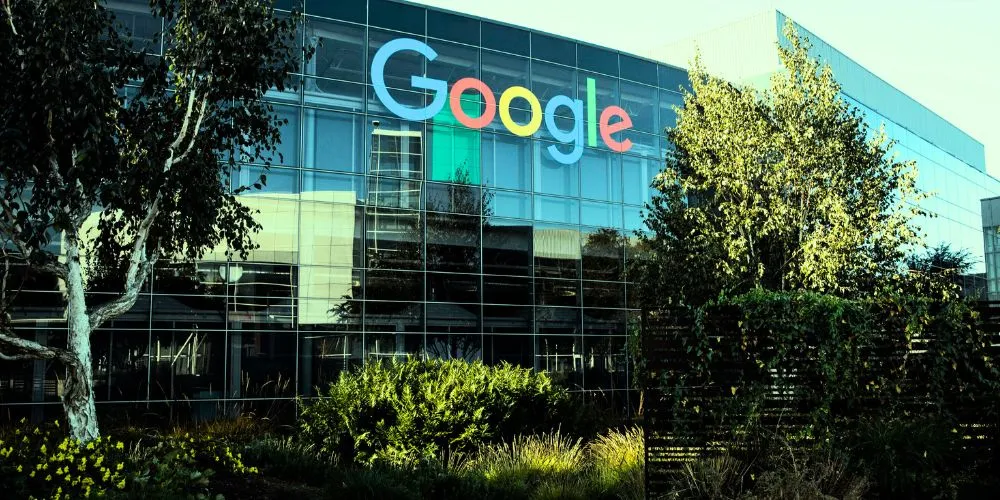Key Points
- U.S. Judge plans to issue an order forcing Google to allow more app distribution options on Android.
- The ruling follows a jury verdict favoring Epic Games, accusing Google of monopolizing app distribution.
- Google faces further legal challenges, including a separate antitrust case regarding its dominant search engine.
- A compliance committee will be established to monitor the implementation of the court’s order.
On Wednesday, a U.S. District Judge in San Francisco announced that he plans to issue an order compelling Google to provide Android users with more options for downloading apps. The move follows a jury’s verdict in favor of “Fortnite” creator Epic Games last year. The move is expected to curtail Google’s control over app distribution on Android devices as part of a broader antitrust case.
Judge James Donato, overseeing the case, expressed frustration with Google’s objections regarding the cost and complexity of implementing Epic’s proposed changes. He clarified that his forthcoming ruling would prioritize giving users and developers more flexibility in downloading and distributing apps outside of Google’s Play Store.
“You’re going to end up paying something to make the world right after having been found to be a monopolist,” Donato remarked during the hearing. He indicated that his order would be concise, around three pages, and clearly outline the “rules of the road” for Google’s future conduct.
Donato also stated his intention to create a three-person compliance and technical committee to ensure the proper implementation and monitoring of the injunction. “Google foreclosed competition for years and years and years. We’re opening the gate now and letting competitors come in,” he added.
The lawsuit, brought by Epic Games, accused Google of monopolizing how consumers access apps on Android devices and how they make in-app purchases. Epic convinced a jury in December 2023 that Google had unlawfully stifled competition through its control over app distribution and payment systems on Android.
Epic has urged the court to mandate that Google make it easier for Android users to download apps from third-party app stores, including Epic’s and other online sources. Additionally, Epic wants the court to stop Google from automatically pre-installing the Play Store on Android devices.
Google, however, has denied the allegations of anti-competitive behavior. During the hearing, Google’s lawyer, Glenn Pomerantz, argued that Epic’s proposals would harm consumer privacy and security, making it nearly impossible for Google to compete effectively. He also contended that Google should not be forced to distribute its competitors’ app stores, as this could worsen competition.
The judge’s ruling, expected in the coming weeks, will likely have significant implications for Google’s business practices. This case comes as Google faces additional legal challenges, including a separate lawsuit in Washington, D.C., where the U.S. Justice Department has accused Google of illegally monopolizing the web search market.





